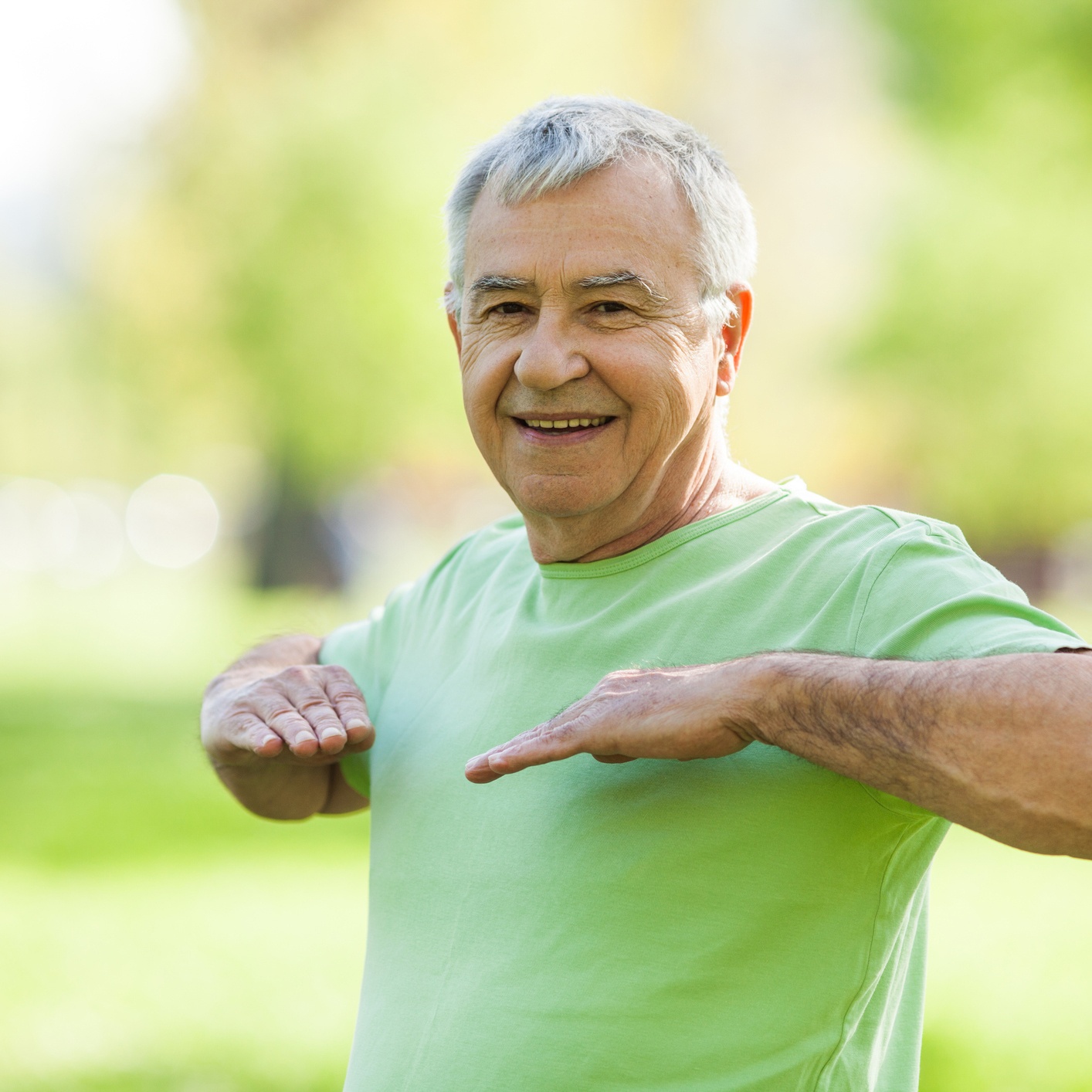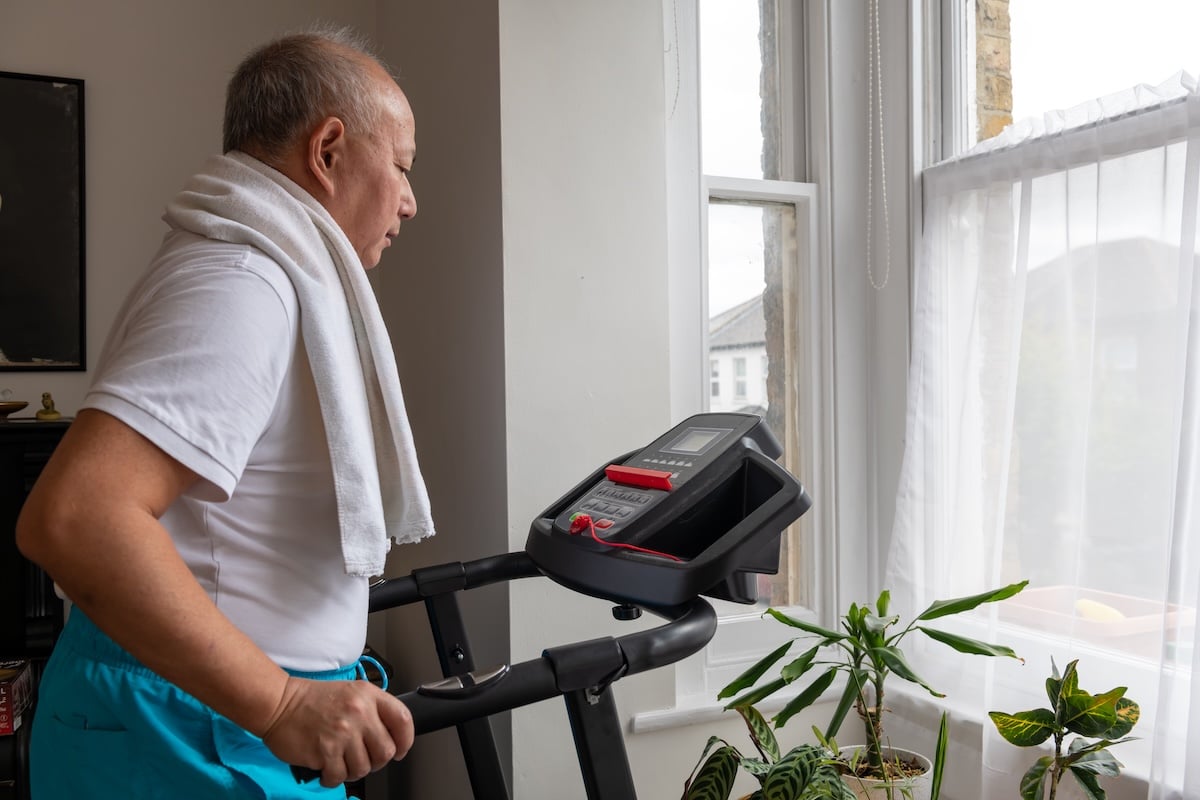Our bones are not only strong, they’re flexible, too. This combination provides great protection for our vital organs and the rest of our bodily structures, and as we age this protection is important for preventing injuries or fractures associated with falls.
But like other age-related ailments such as falls or memory loss, osteoporosis—or weakened bones—is not a normal part of the aging process.
What is osteoporosis?
Osteoporosis literally means “porous bones.” It causes bone growth to slow, makes bones lose density and develop an abnormal structure. As a result, bones become weak and can be easily broken in the event of a fall or injury—or in severe cases, even a sneeze or bump.
What you can do now to maintain bone mass as you age
While we achieve optimal bone mass in our 30s, that doesn’t mean our bone health should or will decrease as we age. Keep these tips in mind to keep your bones and joints strong.
Watch your calcium: This nutrient plays a very important role in maintaining bone mass strength, and after age 50, our calcium needs increase— especially for postmenopausal women—from 1,000 mg per day to 1,200 mg per day. But as our calcium needs increase, our calorie needs don’t, so it’s important to keep an eye on your weight as you increase your calcium intake. Good sources of calcium include:
- Kale
- Salmon
- Broccoli
- Almonds
- Dairy products
Watch your weight: As we age our metabolism slows, and as mentioned above, our calcium needs increase. The combination of the two can lead to weight gain, which can put stress on your joints and bones.
Get some exercise: Physical activity plays a pivotal role in maintaining bone health by strengthening our bodies and keeping our weight stable. Work more activity into your day by:
- Parking farther from the door and walking the extra steps
- Taking the stairs instead of the elevator
- Trying yoga or tai chi to help with balance and core strength
- Dancing or gardening
Bone health warning signs to watch for
You don’t have to wait for a bone injury to occur to start thinking about bone health. Our bodies often will give us subtle hints about the health of our bones without involving our bones at all. Here are some things that may indicate declining bone health:
- Decreased grip strength
- Loss of height
- Frequent fractures
- Muscle aches or bone pain
Healthy bones are vital for a long, active life. Being aware of the changing nutritional and activity needs as you age can help maintain strong, healthy bones.














